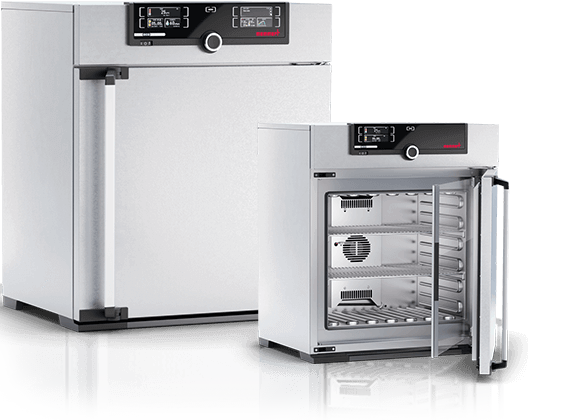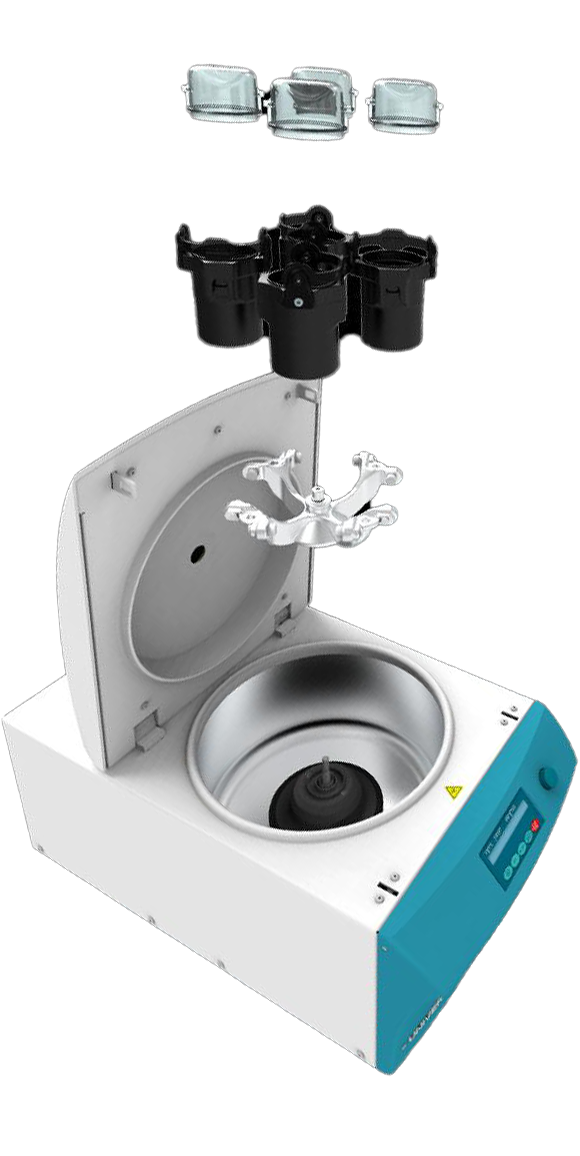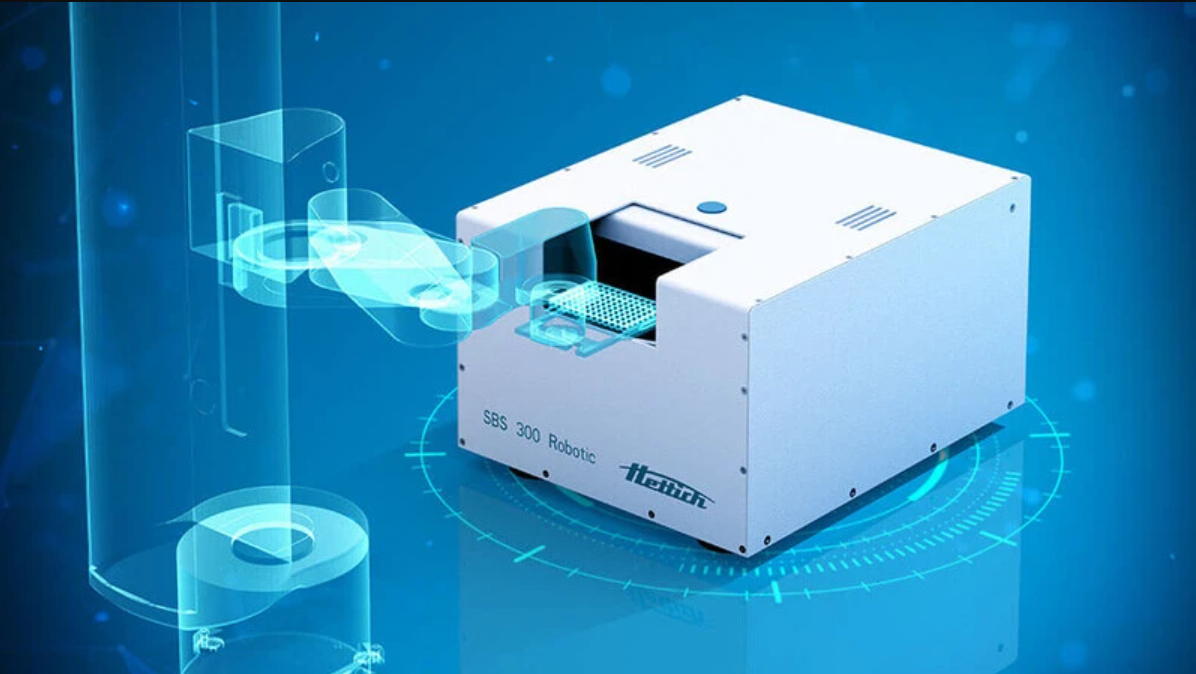We are living in quite extraordinary times at the moment.
Like most people, I cannot remember a time quite like it. Schools are closed,
sporting events have been postponed and businesses are shut until further
notice.
Like many people, I underestimated the real impact coronavirus would have on our daily lives and our overall economy. After all, a virus outbreak like this is not something new. In recent years, we have seen the likes of Swine Flu, Ebola and SARS come and go. The impact of these outbreaks, for most people in the United Kingdom, was relatively minimal.
So, when we learn in December that there has been a virus
outbreak in China, many people, including myself, thought we had seen this all
before. How wrong we all were.
How Henderson Biomedical has reacted
It wasn’t until early March, when Italy was forced into lockdown, that the people of the UK really started to understand the seriousness of coronavirus. Our company began receiving many requests by email asking what our stance is on the pandemic. Many of these requests came from NHS hospitals worried about the continuity of our business.
After consultation with other senior management staff, we
issued a statement to all our customers and suppliers. We outlined what
precautions we were taking and how we were ensuring that work will continue. This
alleviated any fears from our customers that we weren’t prepared.
We do already have quite a sophisticated Business Continuity Plan. However, this usually covers things like computer systems failing or engineers not being able to attend site due to bad weather conditions. As soon as coronavirus really started to take off, we had to revise this plan to include what actions we will take in the event of a pandemic.
Like many companies in the UK, we initially followed the
general guidance making sure that staff washed their hands and disinfected
their workspaces. As time when on, we had to implement new measures in line
with government guidance to help minimise the impact of coronavirus in society.
How coronavirus has impacted our work
Most of our office staff are now working from home. Our IT provider, Rock have been absolutely brilliant in setting up users and sorting technical problems. However, there is still a very small number of staff who are periodically coming into work to help dispatch centrifuge spare parts needed by our engineers or new equipment purchased by our customers.
Our engineers are still visiting customer sites and ensuring that centrifuges and other laboratory equipment is kept running smoothly. The NHS forms a considerable amount of our business and we feel it is our duty to make sure that they are properly supported during this crucial time. In fact, we are now prioritising our NHS customers for routine maintenance/calibration and ad-hoc repairs.
Some of our customers have requested that we postpone our service visit until after the coronavirus pandemic has passed. Whilst other customers have requested that we come in earlier than their usual visit date. Where possible, we are able to bring devices in-house, when customers do not want a Field Service Engineer to attend site.
Rental of
laboratory equipment during the crisis
Many laboratories are, all of a sudden, much busier having to process coronavirus samples. However, this sudden upturn of work will not be forever. As the number of cases of coronavirus begins to fade, so too will the number of samples needed to be processed.
To get around this issue, we have been offering centrifuges and other laboratory equipment for rent. This is ideal for the short term whilst there is increased amount of laboratory work.
We are proud to say that we have offered rental equipment to the new Nightingale hospital in ExCeL and have also supplied a number of other hospitals with rental devices.
Delivery
of spare parts
Whilst we have many common parts in stock, we do not have every
spare part for every single type of equipment. Where we have had to purchase
spare parts from the manufacturer, we have found that their lead times have
lengthened.
However, in a strange twist of fate, our company had already recently
stockpiled the most common spare parts in preparation for a no-deal Brexit.
Therefore, we currently have most spare parts in stock to ensure that lead
times on repairs are minimised.
Looking to the future
Coronavirus will eventually pass and when it does, we will
need to be prepared for the next pandemic. History has already shown us that
pandemics can and will happen again.
Our company has managed to continue to operate and help the
NHS despite the pandemic. However, there are things that we could do better to
minimise the impact of a future pandemic. Lessons have been learnt and we are
committed to making improvements for the future.









